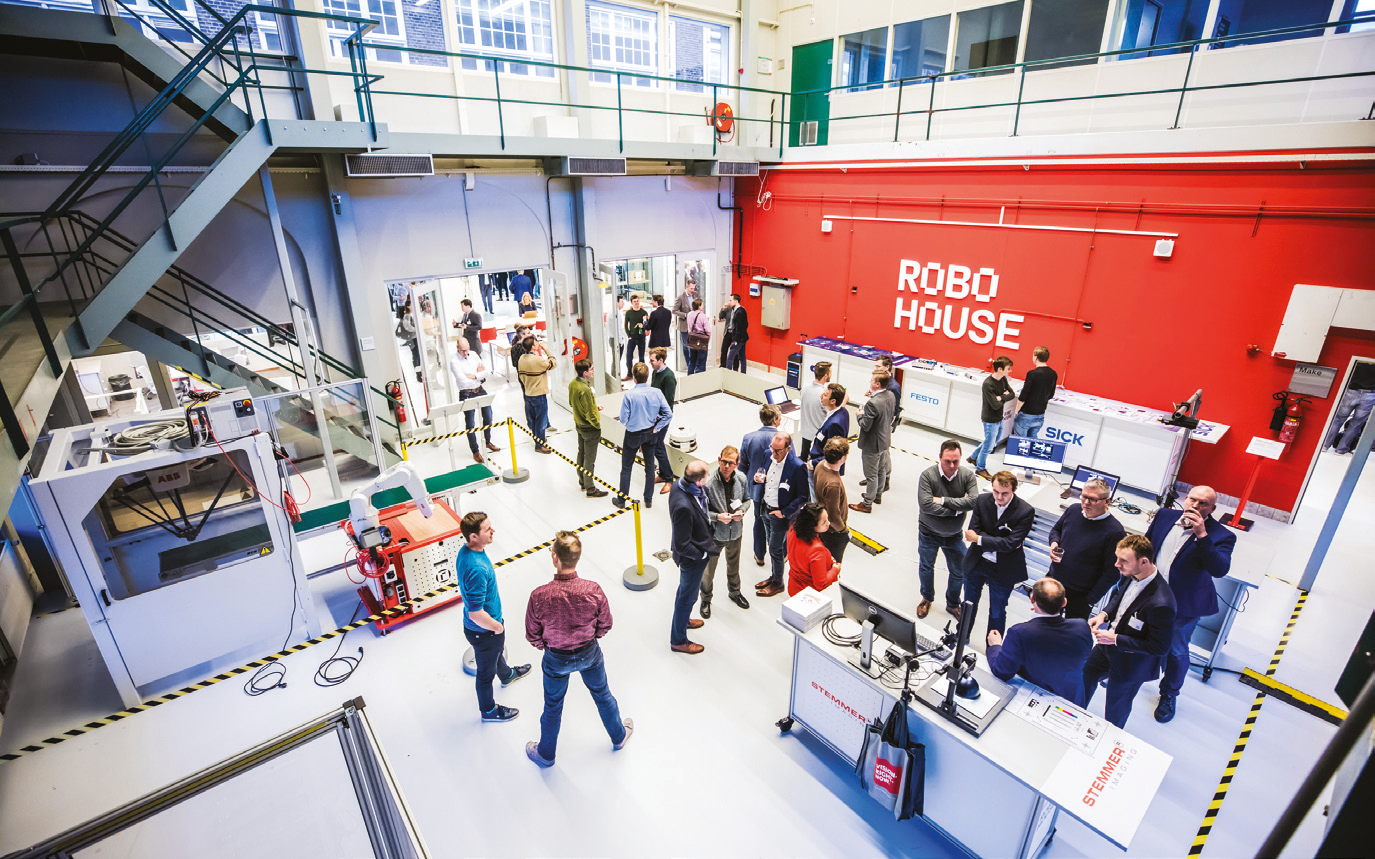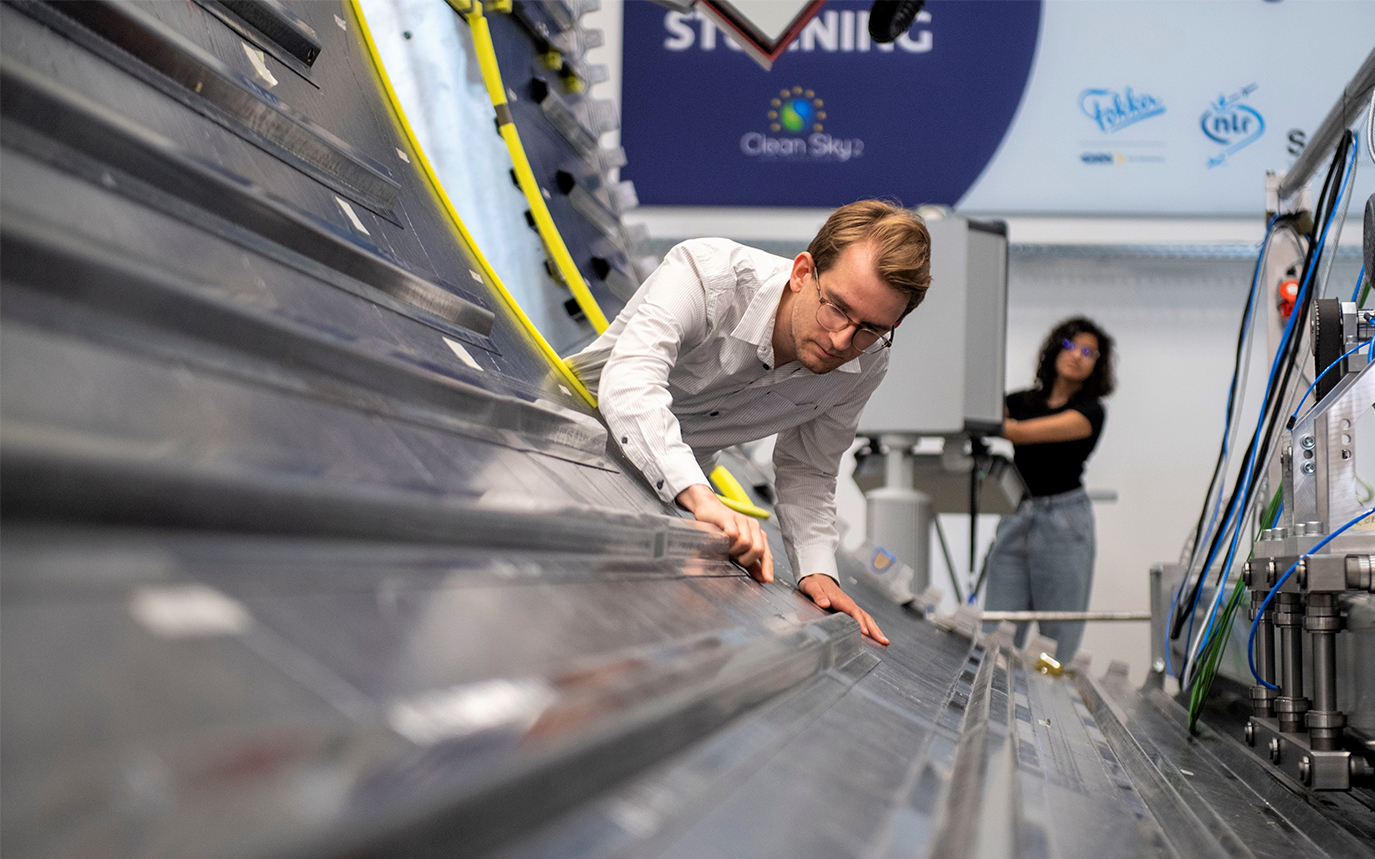Investing in knowledge pays off
Technical universities are indispensable for our society. They make an important contribution to solving social problems, by training ambitious engineers, developing knowledge and technology and stimulating entrepreneurship. In order to accelerate innovation, cooperation between universities and industry is essential. The innovation ecosystems such as TU Delft Campus play a crucial role in this, according to a report by the British research agency BiGGAR Economics. Without these ecosystems, the Dutch economy would be smaller and less resilient.
The renowned research agency has measured the economic impact of the four technical universities, as part of the total social impact of the 4TU. The total annual economic impact of TU Delft, Wageningen University & Research, TU Eindhoven and University of Twente is estimated at 12.7 billion euros in gross added value and 102,740 jobs. For every euro of public investment, the 4TU universities create nine euros in gross added value in the Dutch economy, BiGGAR Economics has calculated.
Resilience
The researchers write that the importance for the economy of the four technical universities 'goes much further' than just the fact that they are large organisations. "They can really be considered engines of the Dutch economy."
The innovation ecosystems around the four universities play an important role in this, in which knowledge institutions, startups and companies work together intensively on societal challenges. The TU's are the driving force behind this. "It is plausible that without the supporting mechanisms of the 4TU universities, the Dutch economy would be smaller and less resilient and the social transitions would be less easily realised."
Field labs
The report is in line with TU Delft's innovation strategy, which focuses on the development of TU Delft Campus as an open innovation ecosystem. Field labs such as RoboHouse, SAM|XL and The Green Village, play an important role. In these living labs, researchers, large companies, startups, knowledge institutions and governments work closely together so that innovative technology, products and services can be developed and scaled up quicker. They are also a source of new activity. The field labs are therefore a driver for both the economy and the creation of social impact.
From left to right: field labs RoboHouse, Sam|XL and The Green Village
Space for innovation
According to President of the Executive Board and Rector Magnificus Tim van der Hagen, the report confirms that the initiatives that TU Delft is developing are successful. "We are in the middle of a transformation in which we are changing from a classic educational campus to an innovation campus. This is necessary because we can only tackle the major societal challenges if we start working together in a completely new way. On TU Delft Campus, we are tearing down the walls between scientific disciplines, departments, institutions and companies. This creates space for research ecosystems where we can strengthen and accelerate our research and, together with our partners, bring new technology to society faster."
Lack of funding
To do this, it is necessary that funding is available for facilities on the TU Delft Campus that companies and innovation partners can use, such as cleanrooms, the ESP lab and experimenting robots. The BiGGAR report is critical about the lack of structural funding by the government. If you compare the Dutch investments with those of neighbouring countries, we have a low score. "Lack of funding means that the facilities, staffing and infrastructure depend on project subsidies." In doing so, the Netherlands is missing out on opportunities. Public funding leads to an additional added economic value of more than 100 million, the report says.
Flywheel for innovation
Van der Hagen: "Based on our mission impact for a better society, we feel a great responsibility to let our technology, talent and innovations have social and economic impact. We see that the TU Delft Campus is a flywheel for innovation and activity, for the city, region and country. The whole of the Netherlands benefits from what we do. By structurally investing in the innovation ecosystems of the 4TU, this effect can be further strengthened."
Read the entire report here.


